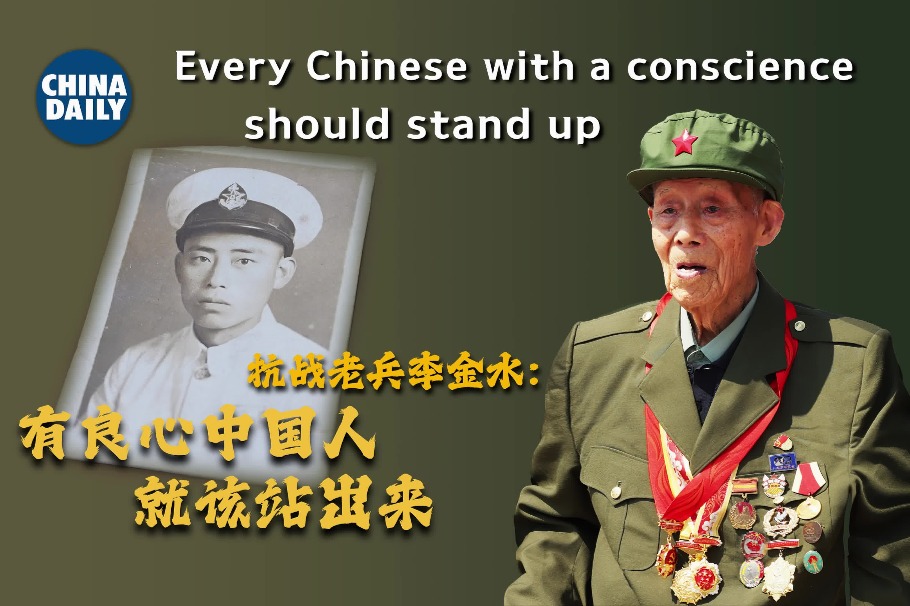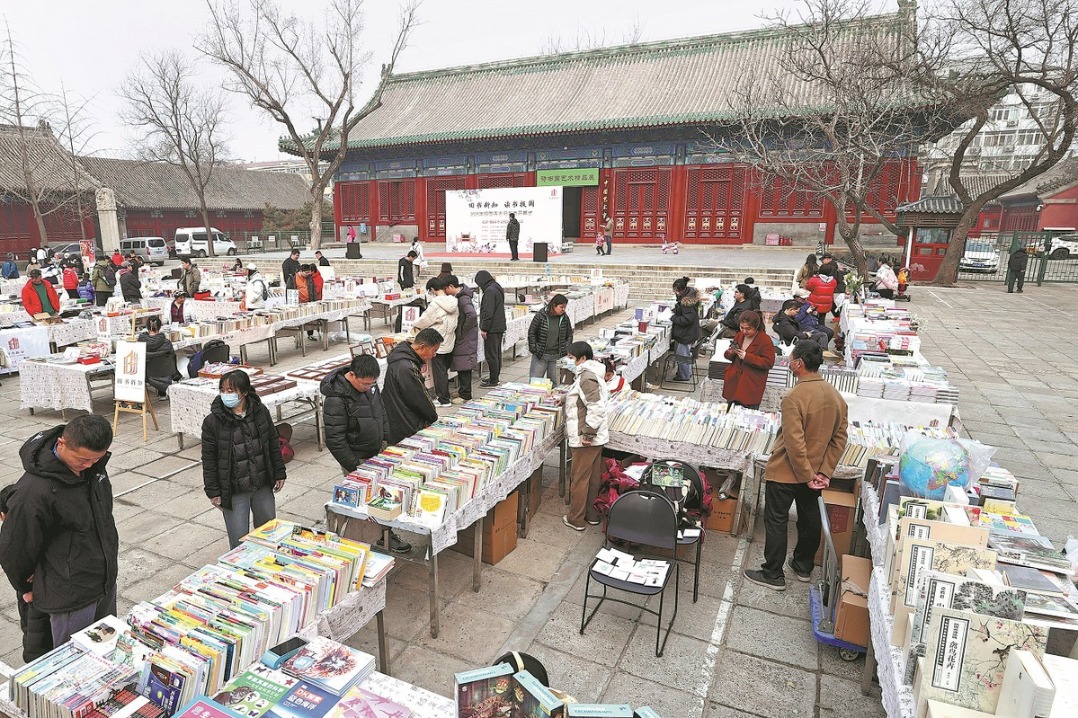Still time for US to reconsider UNESCO

Ultimately, the international body will only be able to fulfill its global goal if all countries show commitment
What do the Great Wall of China, the Grand Canyon and the bomb-battered Syrian city of Aleppo have in common? They are all listed by the United Nations Educational, Scientific and Cultural Organization as sites of global cultural or physical significance.
UNESCO's role in promoting cooperation among states to protect more than 1,000 global heritage sites for present and future generations is the most visible of its functions, and ideally should be its least contentious.
But, as the recent decisions of the US and Israel to withdraw from the world body illustrate, even culture can be politicized.
The immediate motive of the rift was UNESCO's alleged "continuing anti-Israeli bias", in part through its designation of ancient holy sites in the region as "Palestinian".

A US State Department statement also cited the organization's alleged overspending and the need for internal reform. The spat with UNESCO, coming from a president who came to office promising to redraw the US relationship with the United Nations, should not have come as a surprise.
But, beyond the pros and cons of the immediate dispute involving Israel, the US decision reflects a perception in Washington, long predating the presidency of Donald Trump, that UNESCO does not reflect US interests.
The organization was formed in the immediate aftermath of World War II with an agenda that broadly reflected the philosophy of the dominant Western powers in rebuilding a system of education and culture geared to preventing future conflicts.
In 1983, when Washington announced on a previous occasion that it was quitting, the State Department declared: "UNESCO has extraneously politicized virtually every subject it deals with, has exhibited hostility toward the basic institutions of a free society, especially a free market and a free press, and has demonstrated unrestrained budgetary expansion."
UNESCO was accused by the administration of then president Ronald Reagan of serving anti-US political ends, pursuing misguided policies and extravagantly overspending.
That initial rift underlined the reality that UNESCO had become less a forum for uniting all states behind common goals than a forum in which alternative world views clashed.
The focus of the dispute in the mid-1980s was the role of the Western media in covering what in those days was termed the "Third World", and demands within UNESCO for a new world economic order in which rich countries would transfer resources to poorer ones.

In the 21st century, with multiple tensions confronting the world, reviving divisions over UNESCO and other global organizations can only be viewed as a negative development.
At the end of the day, UNESCO's mission to preserve world culture, to work toward quality education for all as a basic human right, extend the benefits of science and establish heritage as a bridge between generations and nations, is more important than scoring political points.
There has already been speculation that China will take a more prominent role within UNESCO, not least by making up some of the financial shortfall created by US funding cuts that date to 2011.
Beijing reaffirmed its commitment to UNESCO following the US announcement, and the Foreign Ministry said China wanted to do more toward cooperation within the organization.
Ultimately, however, the body can only fulfill its global goal if all countries show a similar commitment. Whatever the current disagreements, it would be better to have the US defending its corner from the inside rather than sniping from the outside.
The US rejoined UNESCO two decades after the initial rift when Washington decided, in the wake of the Sept 11, 2001, terrorist attacks, that it was better to have friends than enemies in the international community.
It will be a year before Washington's latest withdrawal comes into force, perhaps time enough to reconsider.
The author is a senior editorial consultant for China Daily. Contact the writer at harveymorris@gmail.com.
(China Daily European Weekly 10/20/2017 page13)
Today's Top News
- Traditional art in tune with performance industry
- China, Ecuador sign cooperation plan on promoting Belt and Road Initiative
- Xi meets Senegalese prime minister
- Xi meets Ecuadorian president
- Minister calls for ensuring SCO's role as anchor of stability
- China's tightened drug control measures bring major results






























